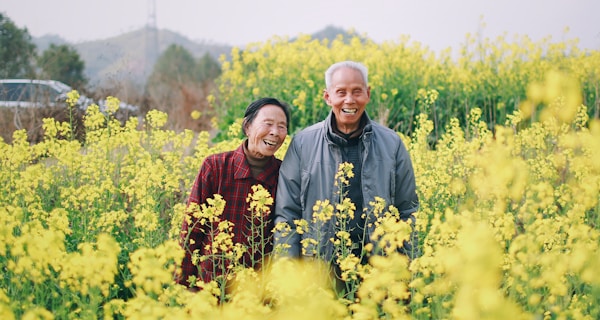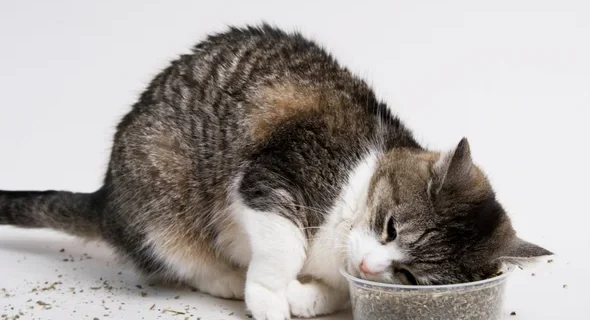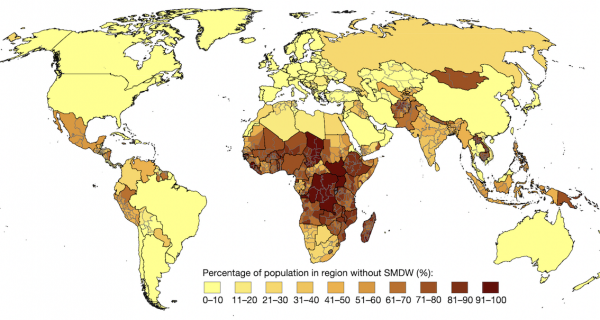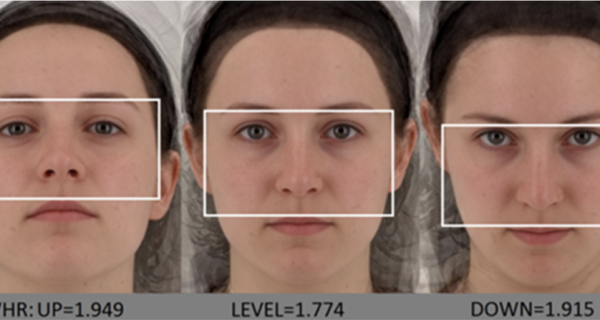Study shows healthy eating patterns lead to a significant reduction in the risk of all-cause mortality among China’s oldest
The relationship between dietary patterns and all-cause mortality among 35,927 Chinese adults aged 80 years or older was evaluated, providing new evidence on the importance of eating patterns for longevity
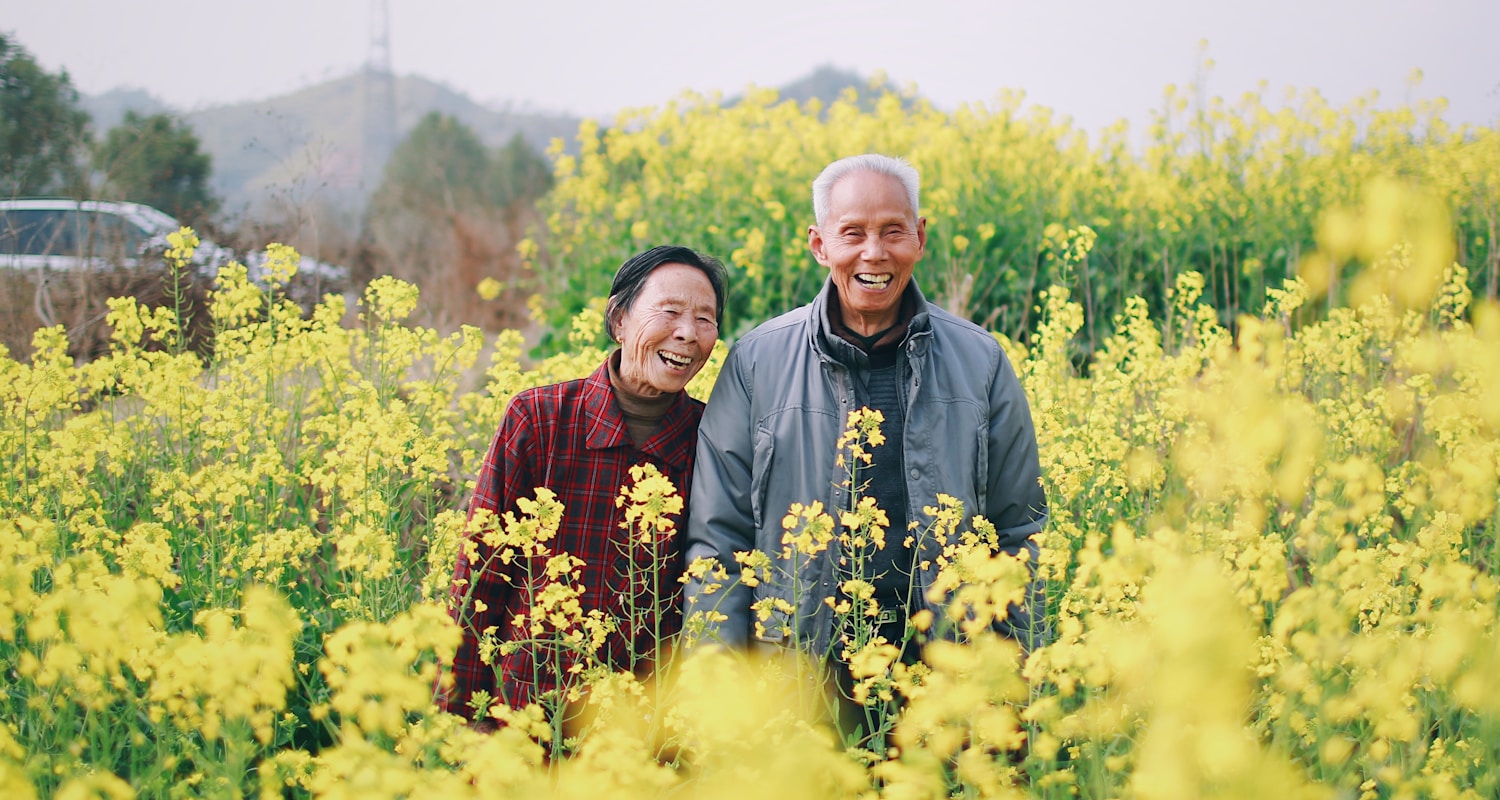
Adults aged 80 and above (the “oldest-old”) are the fastest-growing sector of the world’s population. As the number continues to grow, identifying their eating patterns and promoting a healthy diet will also become increasingly relevant.
Up to date, very few studies have focused on the oldest population and their eating habits. Moreover, most of the studies have focused on either, adults younger than 80 and in high-income nations or, on small samples with short follow-up duration.
We know that there are differences in dietary patterns between Western and Asian populations. For example, a traditional Chinese diet, promotes plant-based foods and green tea consumption throughout the day, whereas a Western diet stresses high protein and energy-dense foods. Hence, studies such as this one -of food habits in China- could provide a further cultural and scientific understanding of the link between nutrition and mortality.
The authors of this study constructed a Simplified Healthy Eating index (SHE-index) and investigated the association of adherence to the SHE-index with mortality from all causes among Chinese oldest-old. This was based on the Chinese Longitudinal Healthy Longevity Survey (CLHLS), one of the first, largest, and longest-running longitudinal surveys on the oldest old ever conducted in a low- and middle-income country.
The SHE-index was calculated based on how often people ate fruits, vegetables, fish, eggs, bean products, garlic, and tea, as well as how often they ate sugar and salt-preserved vegetables, with higher scores suggesting healthier eating habits. The SHE-index was shown to be inversely linked with all-cause mortality among Chinese elderly men and women. The fact that men had a higher mortality risk than women, independent of the SHE-index, is also worth noting. The findings also that the effects of the SHE-index were stronger in men, indicating that a healthy dietary pattern has a greater impact on men.
As the authors suggest, this study provides new evidence on the importance of eating patterns for longevity even among the oldest-old. The study debunks the idea that diet is of less importance as people get older. This should motivate us all, both young and old, to adopt and maintain healthy eating habits in order to live a long life. In line with past studies, the findings back up the advice to eat a balanced diet throughout one’s life.




























